Your cart is currently empty!
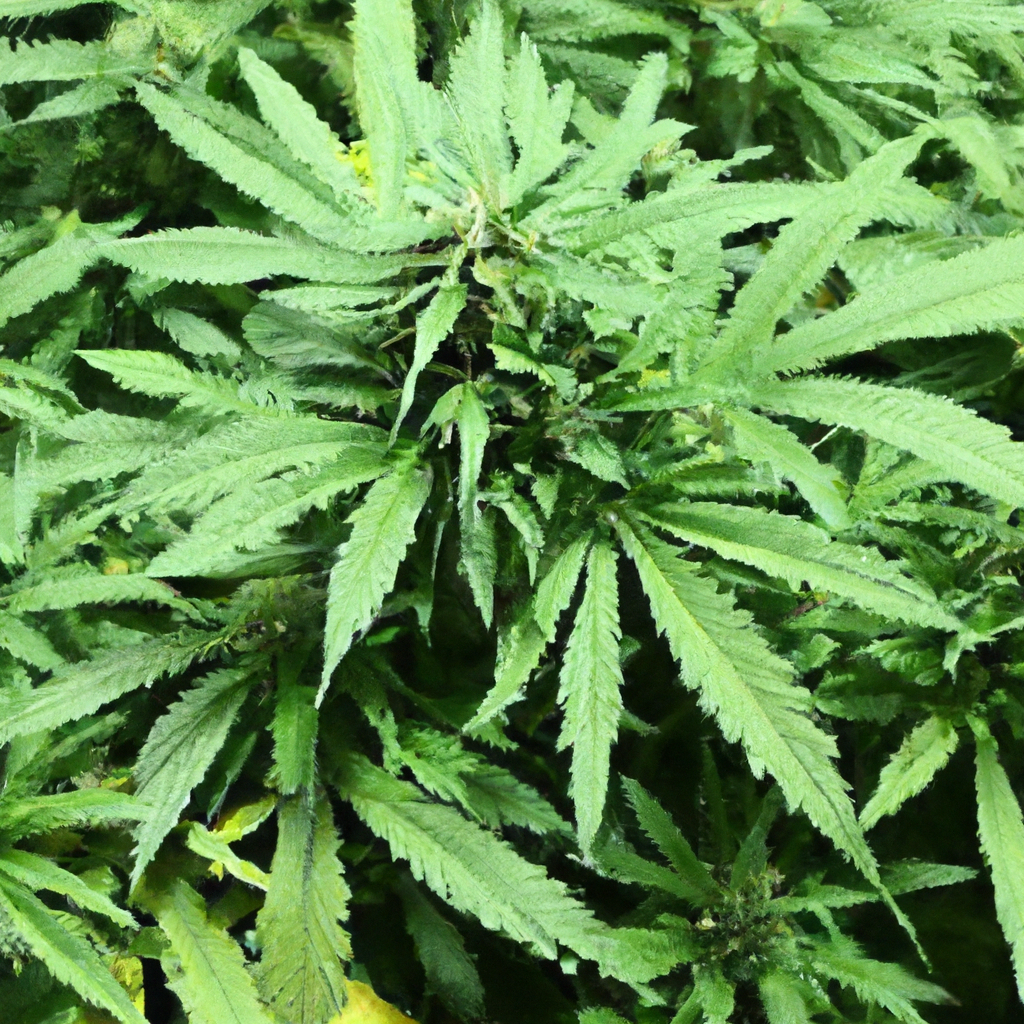
Organic cannabis cultivation combines traditional agricultural techniques with modern sustainable practices, enhancing plant quality and protecting the environment. This guide outlines key methods, including building a healthy soil ecosystem with compost and mulch, nourishing plants with natural fertilizers like bone meal and seaweed extract, and managing pests through companion planting and beneficial insects. Organic practices…
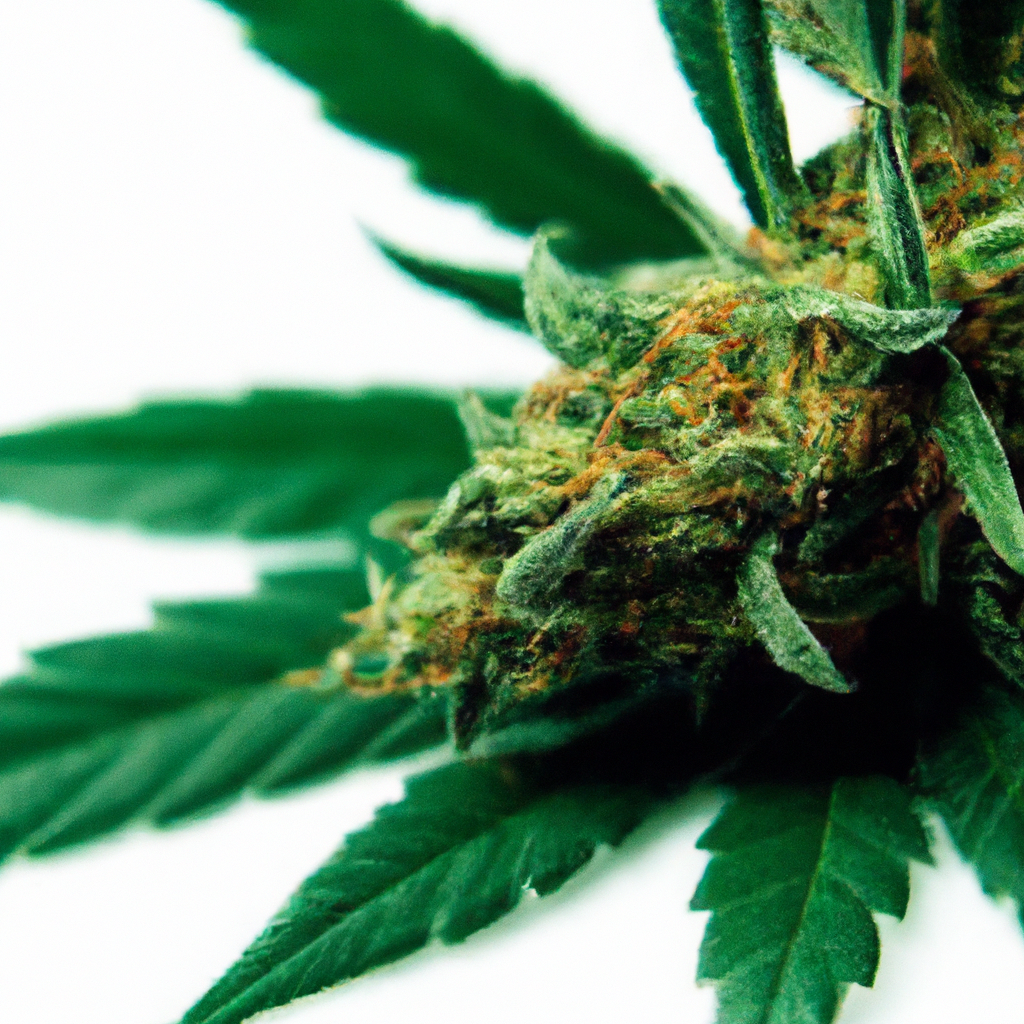
Antioxidants play a crucial role in combating oxidative stress and supporting health, and when paired with cannabis, the discussion becomes fascinating. This article explores how cannabinoids, like THC and CBD, may exhibit significant antioxidant properties by interacting with the body’s endocannabinoid system, potentially offering neuroprotective effects. Additionally, flavonoids in cannabis contribute to its antioxidant capabilities.…
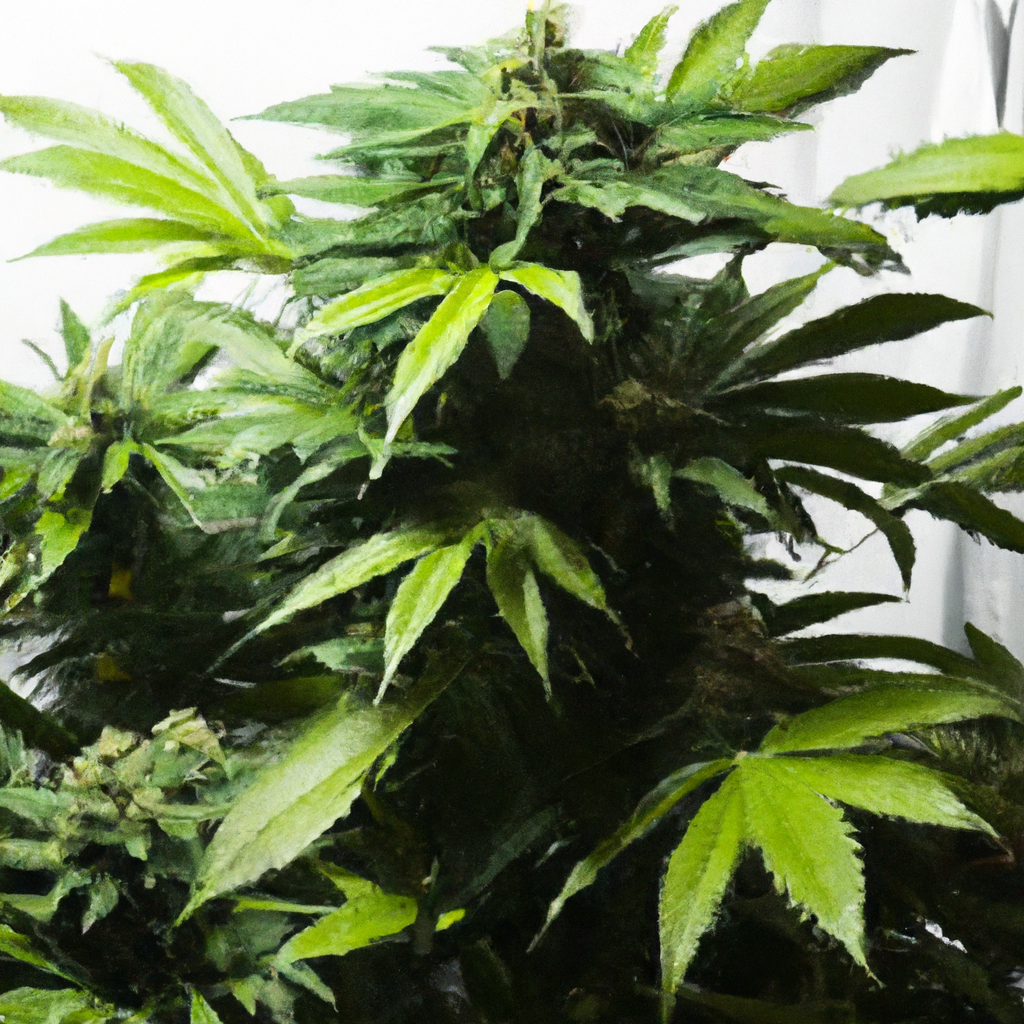
Mastering light management in cannabis cultivation enhances yield and plant health by influencing structure, terpene profiles, and cannabinoid concentrations. Effective strategies involve understanding the light requirements for each growth stage, from using gentle lighting in the seedling stage to maximizing exposure during flowering. Optimizing light spectrums, like blue for vegetative growth and red for flowering,…
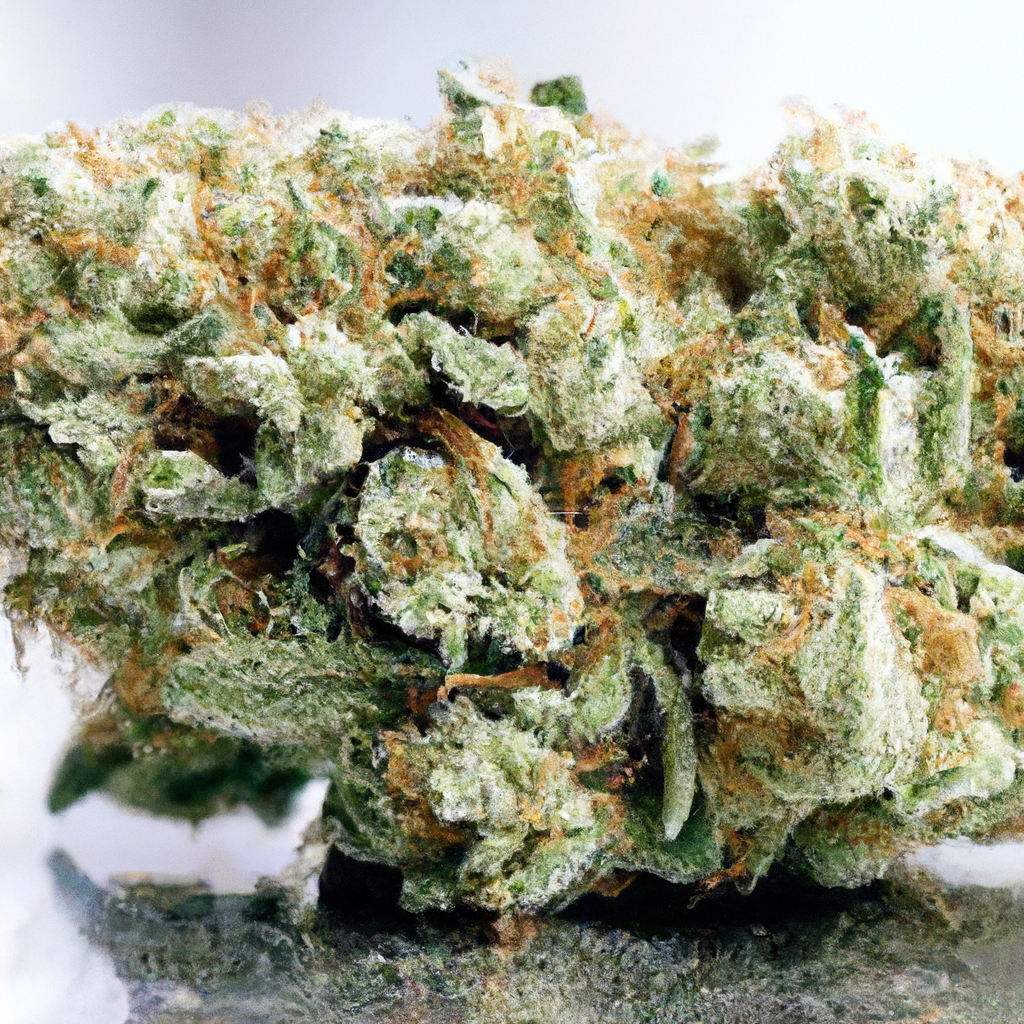
White Rhino is a hybrid cannabis strain celebrated for its potency and resilience, making it a favorite among enthusiasts. With genetics stemming from White Widow and an unknown North American Indica, it exhibits a robust, bushy structure and dense, frosty buds. White Rhino’s aroma and flavor combine earthy scents and pungent skunk with sweet undertones.…
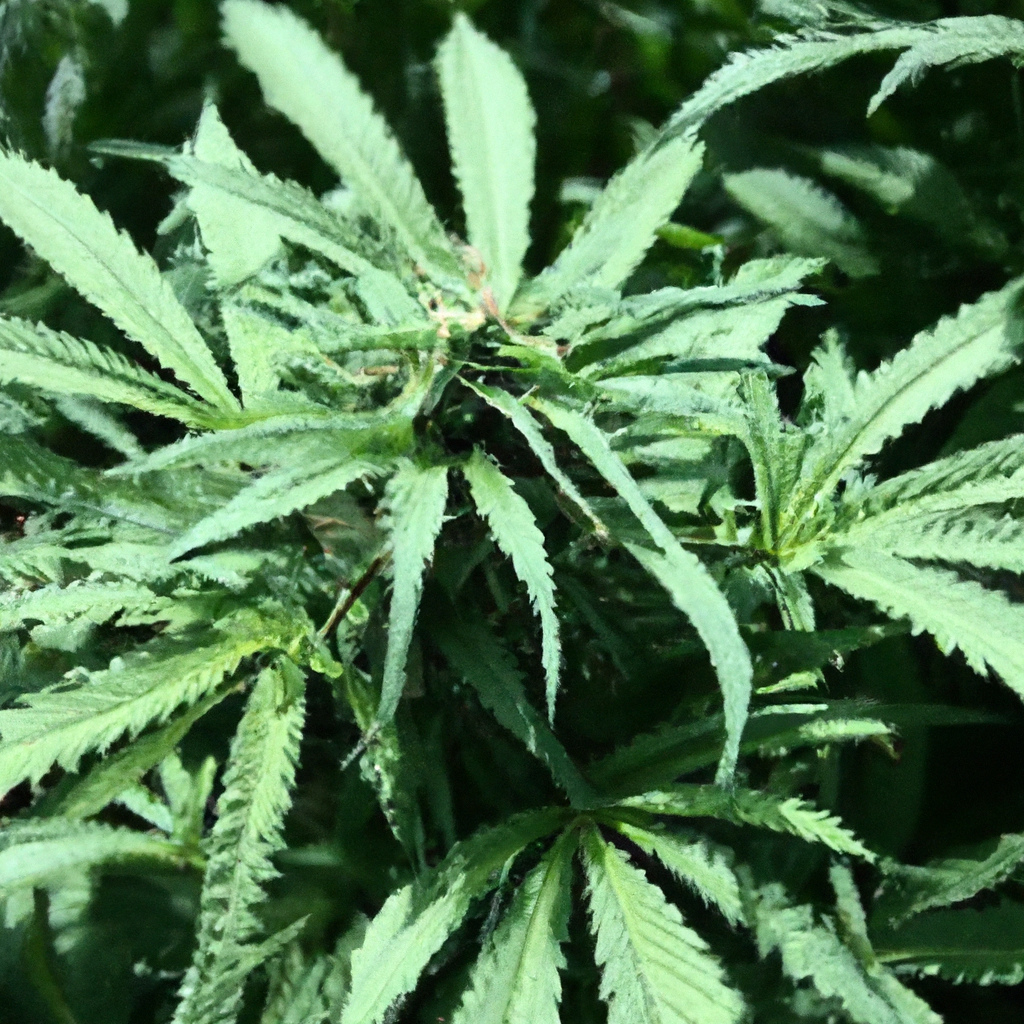
More cannabis cultivators are turning to organic methods, utilizing nature’s resources for healthier plants and eco-friendly growth. Organic cultivation involves sustainable strategies like using natural fertilizers and composting to build healthy soil ecosystems. Integrated pest management (IPM) strategies, such as introducing beneficial insects and using neem oil, offer effective natural pest control. Sustainable practices, including…
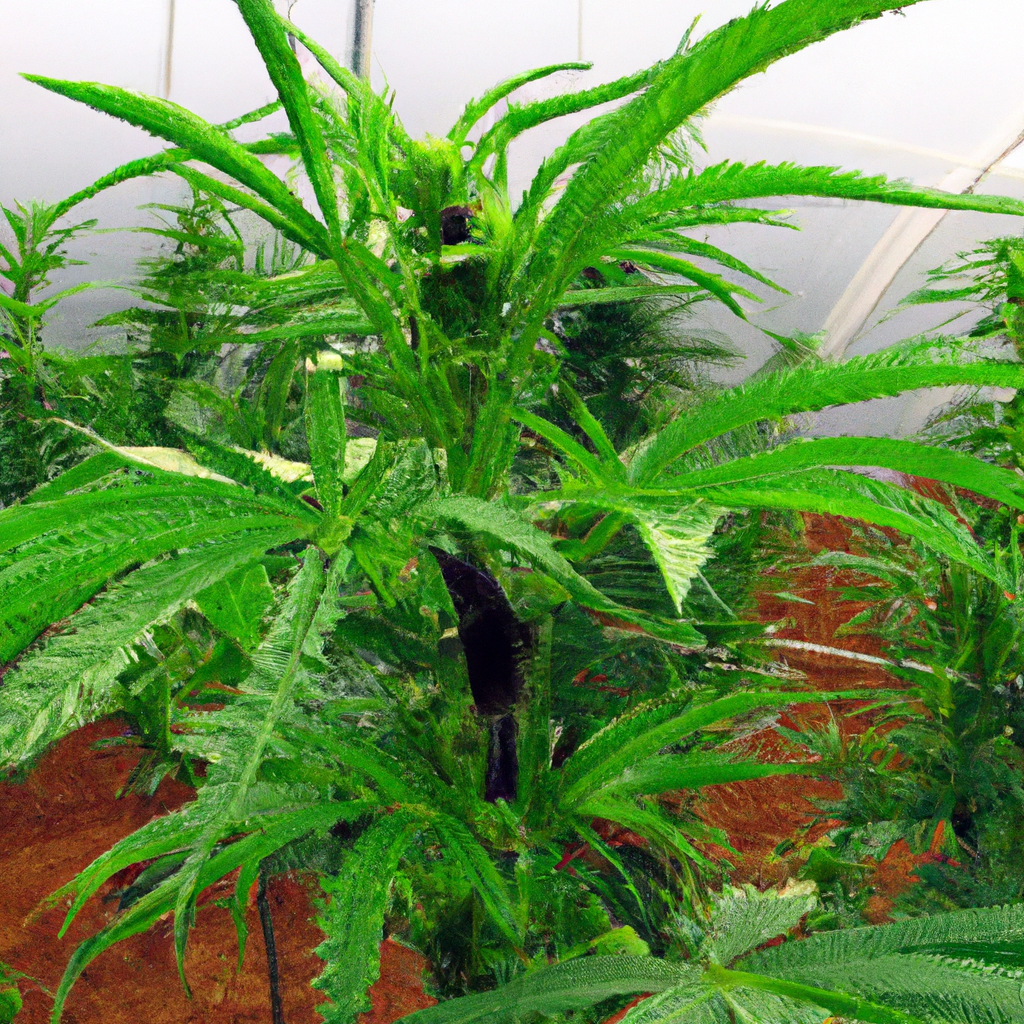
Explore the intricacies of cannabis cultivation with the use of beneficial insects, which offer an organic solution for pest control by preying on harmful pests. Key players such as ladybugs, predatory mites, lacewings, and parasitic wasps contribute to a healthier growing environment and reduce the need for chemical pesticides. To implement these allies effectively, identify…
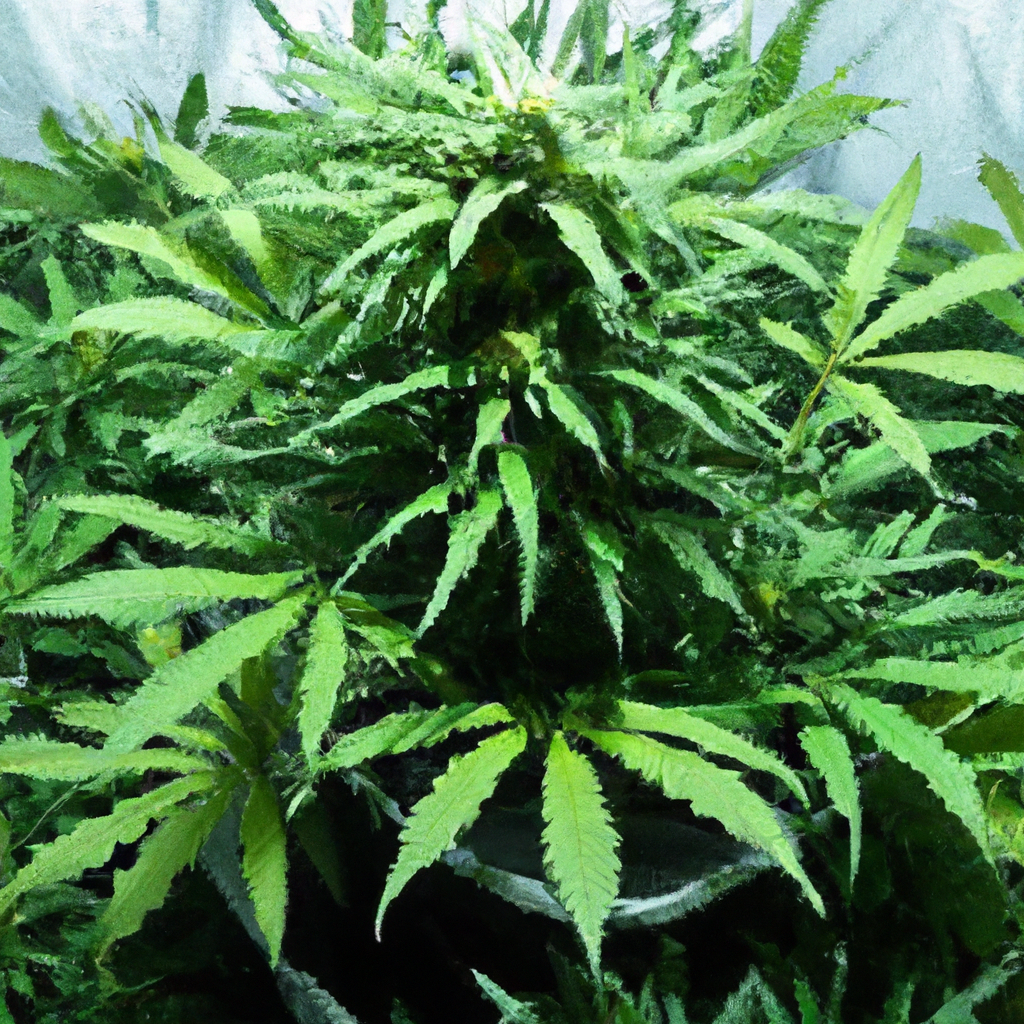
Cultivators in the growing cannabis industry can significantly enhance their practices by employing traction techniques. These methods optimize the grow environment, reduce plant stress, and improve structural integrity, leading to healthier plants and increased yields. Key techniques include using plant anchors for stability and even sunlight exposure, employing weight balancing for uniform growth and nutrient…
Delve into the lush world of Grape Ape, a popular indica-dominant strain known for its delicious blend of flavors and profound relaxation. With genetics from Mendocino Purps, Afghani, and Skunk #1, it boasts dense purple buds and a sweet, grape-like aroma. Renowned for its deeply relaxing effects, Grape Ape aids with sleep, pain relief, and…
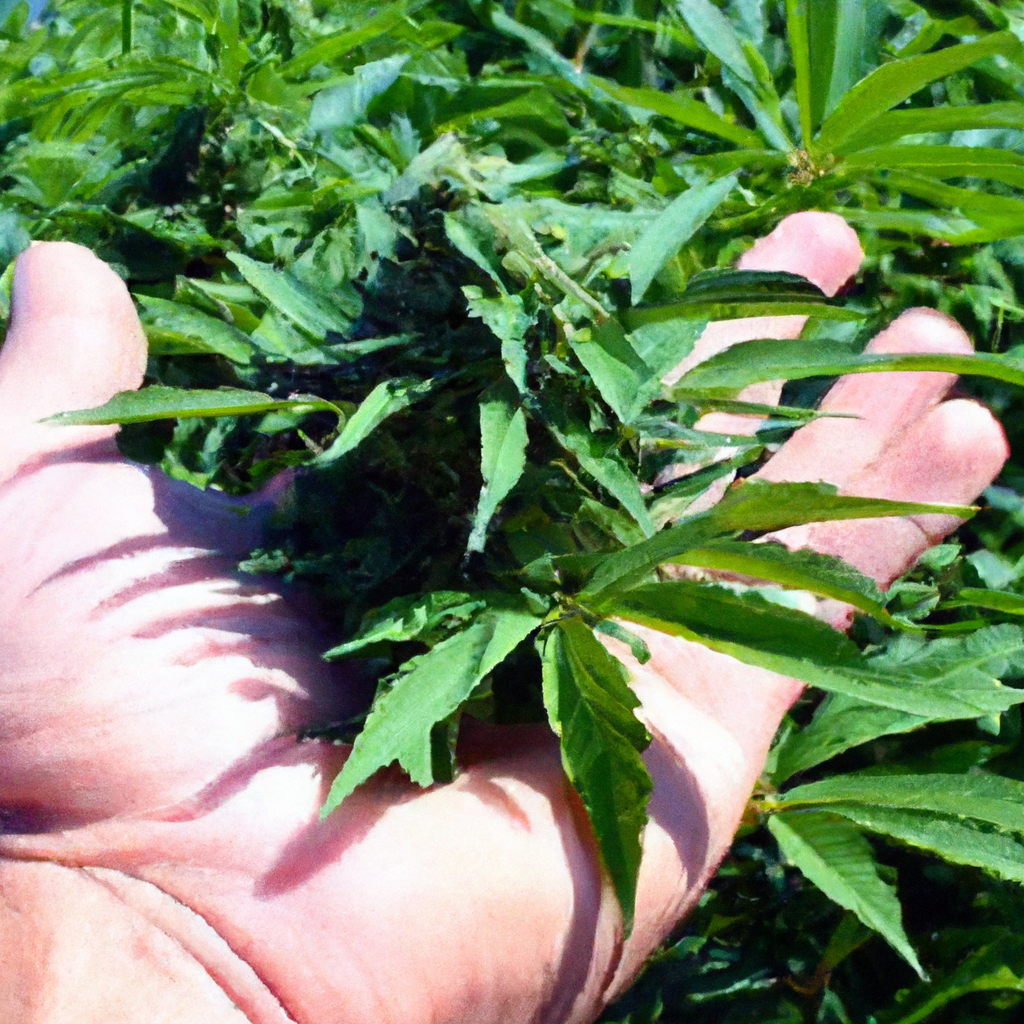
As demand for organic cannabis products grows, sustainable methods are key for enhancing yield and quality. This post highlights best practices in organic cannabis cultivation, including using natural fertilizers like compost, bone meal, and fish emulsion to promote healthier growth. It emphasizes building a healthy soil ecosystem through techniques such as enhancing soil biology and…
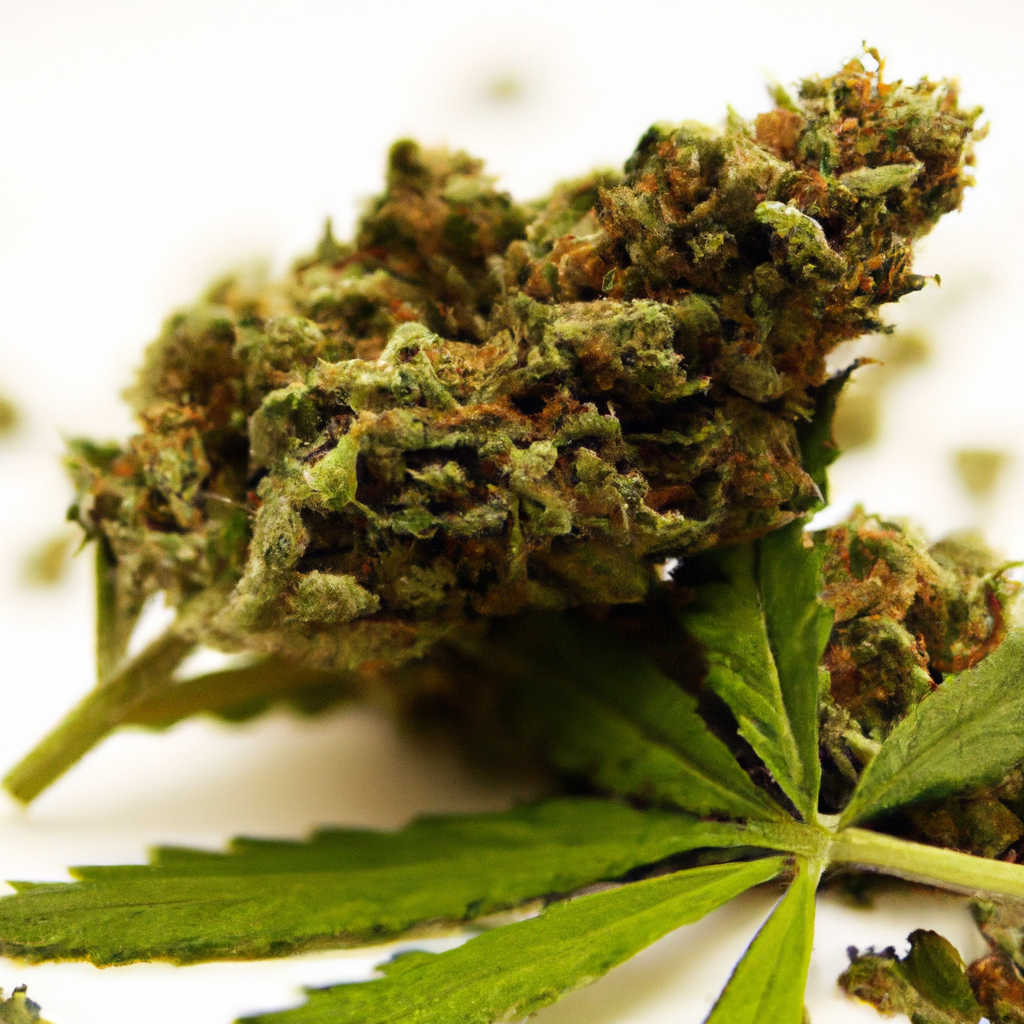
Cannabis enthusiasts and experts are uncovering how terroir—comprising soil, climate, and geography—affects the flavor, aroma, and effects of different strains. Like in wine, these environmental factors influence cannabis characteristics significantly. This blog post explores the concept of cannabis terroir and its impact on cultivation, leading to unique flavor profiles and sensory experiences distinct from industrial…
